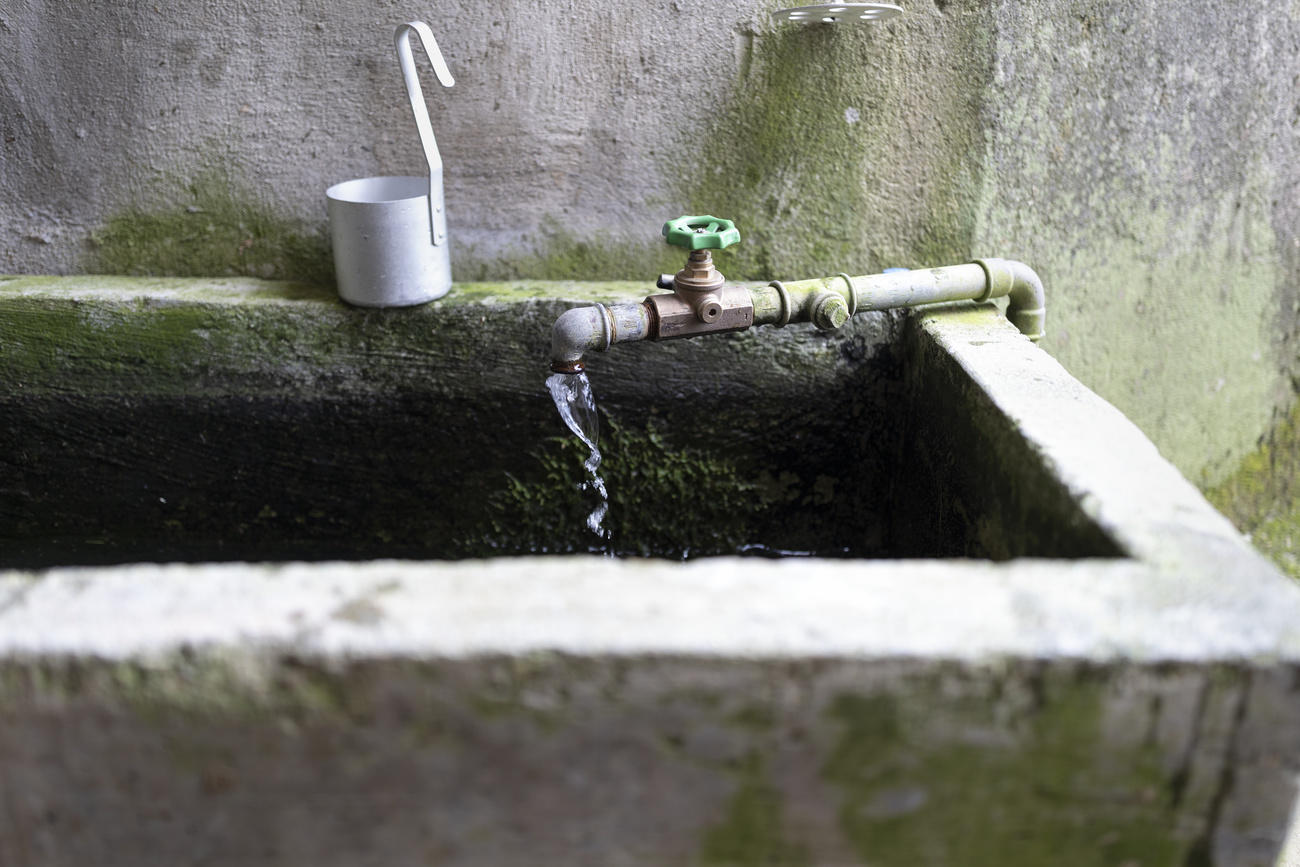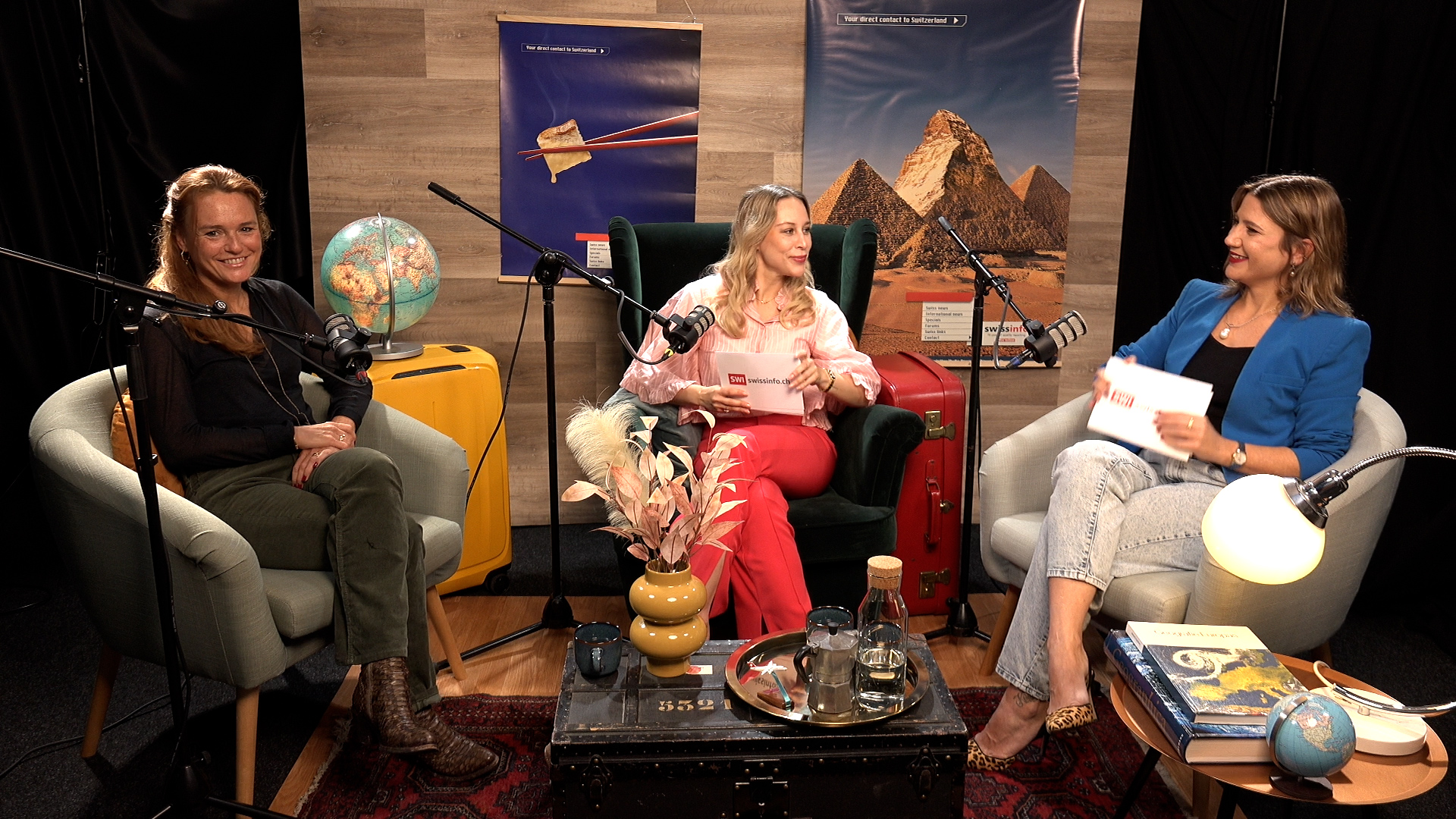
Excess fungicide residues could ‘impair groundwater for years’

Residues of chlorothalonil, an agricultural fungicide banned in Switzerland because of its carcinogenic risks, are still too high in the groundwater from which most drinking water is obtained.
The agricultural regions of the Central Plateau, which is used intensively for agriculture and which is where most people live in Switzerland, are particularly affected, the Federal Office for the Environment said on TuesdayExternal link.
Four chlorothalonil metabolites (intermediate substances produced during the degradation of the fungicide) were found to be present in groundwater in concentrations exceeding the legal limit of 0.1 microgram per litre of drinking water. The measurements were taken in 2020.

Two of the metabolites (R471811 and R417888) are widely polluting the waters of the Central Plateau, the environment office said, referring to a new nationwide data set for chlorothalonil R471811. More than half of Switzerland’s 26 cantons – and all the cantons in French-speaking Switzerland – are affected.
Groundwater is especially affected by the metabolite R471811, which exceeds the limit value at more than 60% of the stations in the Plateau. Nationwide, one in three stations is affected. Chlorothalonil R417888 is present in excess concentrations at more than 20% of the stations in the Plateau.

More
Swiss groundwater quality threatened by pollution
Banned in Switzerland
Since groundwater, from which 80% of drinking water in Switzerland is obtained, takes a relatively long time to renew and the chlorothalonil metabolites are very persistent, “it can be assumed that these contaminants significantly impair groundwater for many years”, the environment office warned.
Chlorothalonil, an active substance applied in plant protection products, has been used in Swiss agriculture since the 1970s, particularly in cereals, vegetables, grapevines and ornamental plants. Its sale and use have been banned in Switzerland since January 2020 due to health risks in its metabolites.
Swiss-based Syngenta, which produces such fungicides, has appealed against the decision of the Federal Office for Agriculture. The process is still ongoing.

In compliance with the JTI standards
More: SWI swissinfo.ch certified by the Journalism Trust Initiative






























You can find an overview of ongoing debates with our journalists here . Please join us!
If you want to start a conversation about a topic raised in this article or want to report factual errors, email us at english@swissinfo.ch.